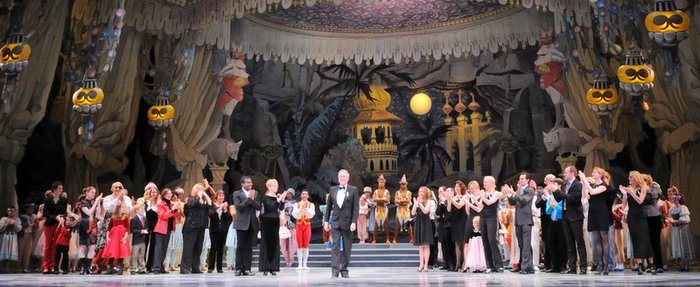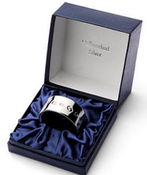Here's a resolution I hope we can all get behind: let's go out more in 2009. More dinners at family-run restaurants, more happy hour cocktails at locally owned bars, more weekend getaways to nearby B&Bs.
It makes sense to spend money closer to home, and what's closer than your neighborhood diner, your local café? If you want to see them survive the downturn, if you appreciate their contribution to the city where you live, your patronage is vital to keeping them alive.
Remember Michael Pollan's injunction: if you enjoy your view, if you want to keep your view (of farms and fields), then eat your view. If you don't want to see that farmland turned into housing tracts, you have to buy and eat the food produced by local farmers. Same thing with local businesses.
Whether you live in Belltown, Queen Anne, Capitol Hill, Ballard, Fremont, Wallingford, Greenwood, West Seattle, Beacon Hill, Georgetown or South Park, you've got favorite places to shop and eat. Now more than ever, those local merchants and restaurateurs are depending on your patronage.
Thomas Friedman had a simple-minded column in the New York Times the other day suggesting people stay home and save money. Especially younger folks, who tend to live in densely populated neighborhoods. But eating out is part of the social fabric of city living. It simply isn't reasonable to expect younger singles to stay home.
The supermarkets? Well, they're doing great. Record quarter (up 11 percent) for locally owned Metropolitan Markets, I'm told. Those are food dollars people spent at the store instead of going out to eat. Hospitality at home is great (if you've got a home), but putting on a party with grocery-store takeout isn't going to save all that much money, if you look at all the costs.
Back to the restaurants, then. Every place I've visited over the past few weeks has a new menu with lower prices, so a night out won't cost as much as it used to, even if it's pizza or lasagna. And at a restaurant, you're getting a meal or a drink prepared by people whose interest is served by serving you; they even clean up afterwards.
It's worth remembering that the restaurant industry in this country is rougly the same size as the automobile industry. On the other hand, with tens of thousands of individual business owners, it doesn't have nearly the political clout as Detroit's Big Three. Except for McDonald's and Starbucks, there are few national players. But millions of people work in restaurants as waiters, cooks and dishwashers. Millions more depend on restaurants to buy their products and services. You may not see ads for an all-new, 500-horsepower Pasta Perfecta or its rivals, the sleek and stylish Sirloin Supra or the powerful Porkbelly Primo. Restaurants aren't asking for a multi-billion-dollar bailout; they just want you to come in for a test-drive.



 So you thought it was going to be a lot of work, all this holiday cooking? We know, just thinking about it can be exhausting. The spirit of fussy Martha Stewart dueling with the ghost of drop-the-turkey-on-the-floor Julia Child? Top Chef duking it out with Iron Chef? Paula Dean versus Rachael Ray? It's enough to make you send for Chinese takeout.
So you thought it was going to be a lot of work, all this holiday cooking? We know, just thinking about it can be exhausting. The spirit of fussy Martha Stewart dueling with the ghost of drop-the-turkey-on-the-floor Julia Child? Top Chef duking it out with Iron Chef? Paula Dean versus Rachael Ray? It's enough to make you send for Chinese takeout. 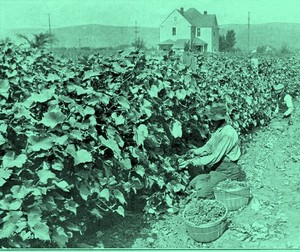
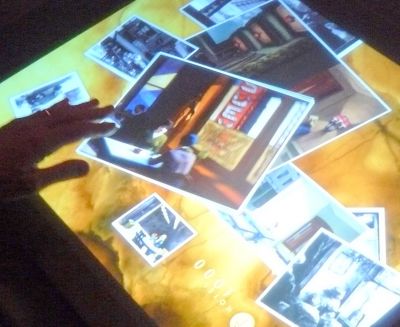 The painting in the middle of the light table is titled Chop Suey, from 1929, and it's the centerpiece of a small, brilliant exhibition of works by Edward Hopper at the Seattle Art Museum. The show is "Edward Hopper's Women," but it could also be called "Restaurants" because that's where half the images are set: women meeting a lover, a friend, or eating alone. This glimpse into American cultural history is described in great detail on SAM's
The painting in the middle of the light table is titled Chop Suey, from 1929, and it's the centerpiece of a small, brilliant exhibition of works by Edward Hopper at the Seattle Art Museum. The show is "Edward Hopper's Women," but it could also be called "Restaurants" because that's where half the images are set: women meeting a lover, a friend, or eating alone. This glimpse into American cultural history is described in great detail on SAM's 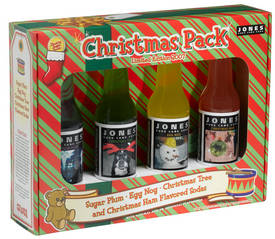 You may have thought a turkey-and-gravy-flavored soda would be disgusting. No, it gets worse. A Christmas-season four-pack of Seattle-based
You may have thought a turkey-and-gravy-flavored soda would be disgusting. No, it gets worse. A Christmas-season four-pack of Seattle-based 






